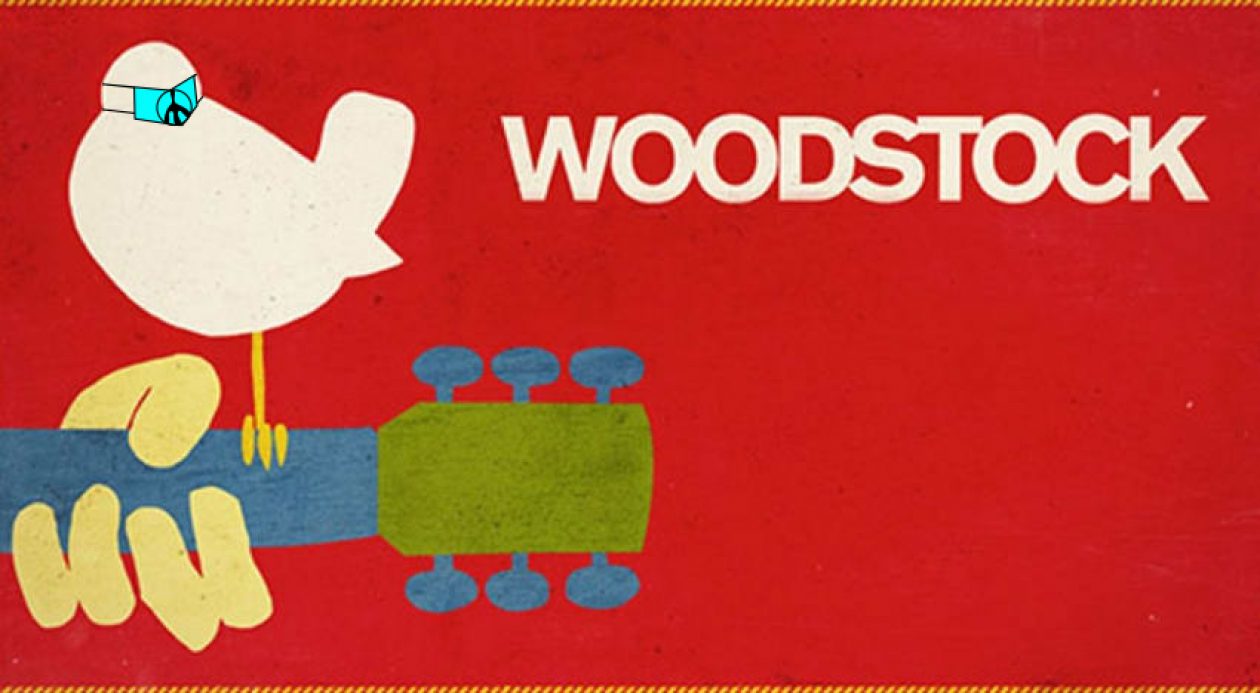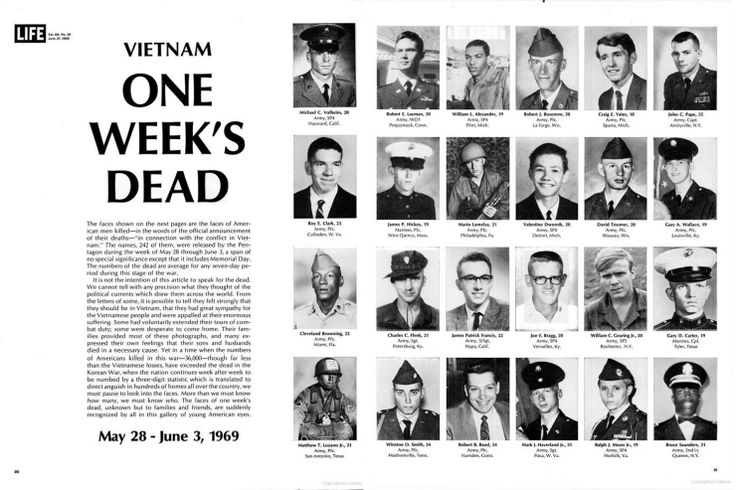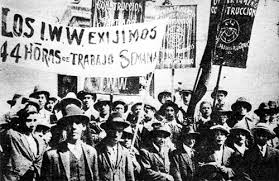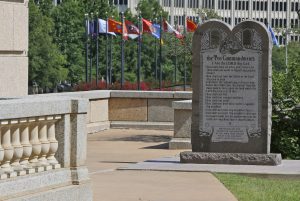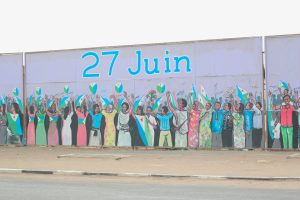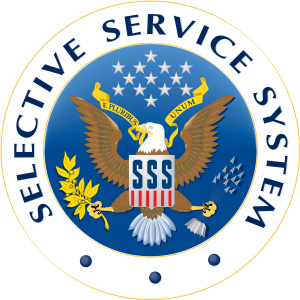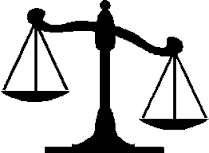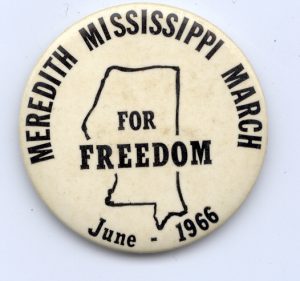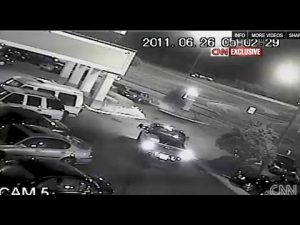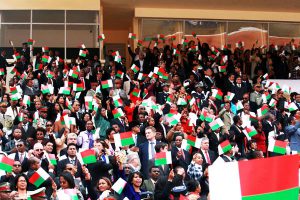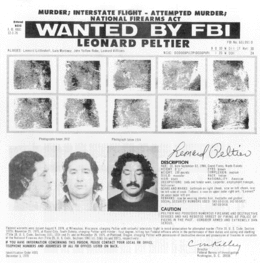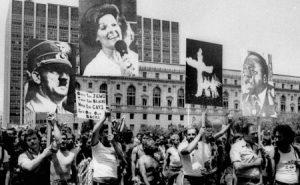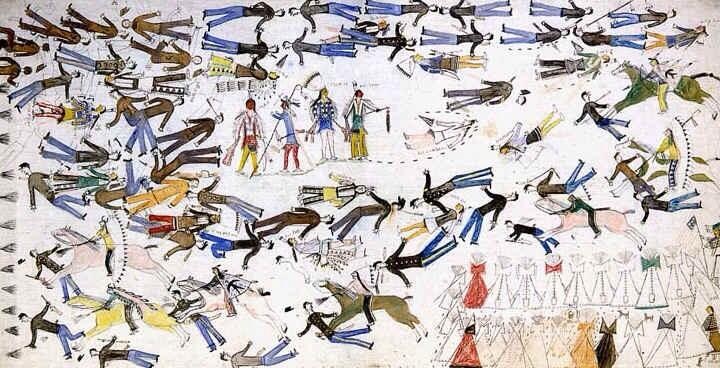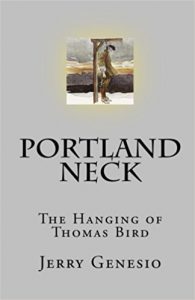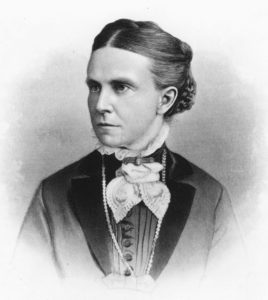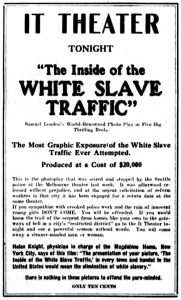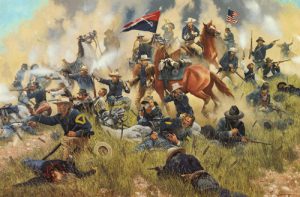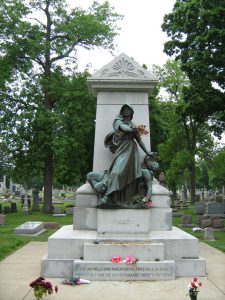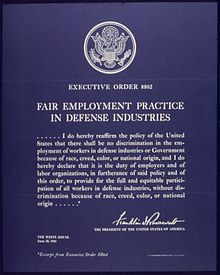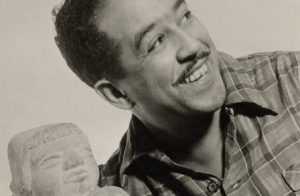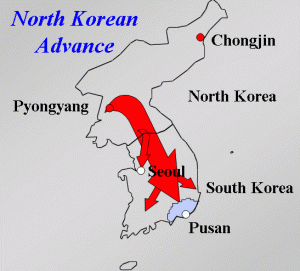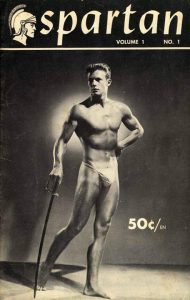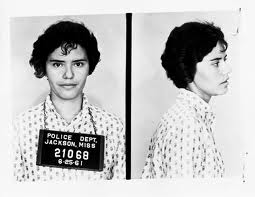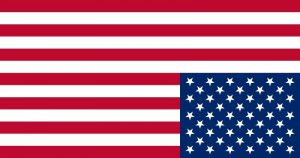June 27 Peace Love Art Activism
US Labor History
Industrial Workers of the World
June 27, 1905: western miners and other activists formed the Industrial Workers of the World at a convention in Chicago. The IWW, or Wobblies, was one of the most radical of all organized labor groups. Though they will achieve only limited success in moving their agenda forward, they will inspire generations of labor activists with their militant spirit. The Wobbly motto: “An injury to one is an injury to all.” (Anarchism, see in March 1905; LH, see December 5, 1907)
Emma Goldman
June 27, 1925: on her birthday, Goldman married James Colton, an elderly anarchist friend and trade unionist from Wales, in order to obtain British citizenship and the right to travel and speak more freely. (see Goldman for expanded story)
Hotel worker strike
June 27, 1985: a 26-day strike of New York City hotels by 26,000 workers—the first such walkout in 50 years—ended with a 5-year contract calling for big wage and benefit gains (see Aug 17)
Janus v. American Federation
June 27, 2018: in Janus v. American Federation of State, County and Municipal Employees, the US Supreme Court dealt a major blow to organized labor. By a 5-to-4 vote, with the more conservative justices in the majority, the court ruled that government workers who choose not to join unions may not be required to help pay for collective bargaining.
The ruling means that public-sector unions across the nation, already under political pressure, could lose tens of millions of dollars and see their effectiveness diminished.
The court based its ruling on the First Amendment, saying that requiring payments to unions that negotiate with the government forces workers to endorse political messages that may be at odds with their beliefs.
The court overruled its 1977 decision in Abood v. Detroit Board of Education, which had made a distinction between two kinds of compelled payments. Forcing nonmembers to pay for a union’s political activities violated the First Amendment, the court said. But it was constitutional, the court added, to require nonmembers to help pay for the union’s collective bargaining efforts to prevent freeloading and ensure “labor peace.” (see July 10)
June 27 Peace Love Art Activism
BLACK HISTORY
Tom Allen and Joe Watts Lynched
June 27, 1911: a Walton County, Georgia mob of several hundred unmasked white men lynched two Black men named Tom Allen and Joe Watts after a local white judge—Charles H. Brand—had refused to allow state guardsmen to be present to prevent mob action.
Judge Brand had been aware of the threat of mob violence for weeks. Mr. Allen, who had been accused of assaulting a white woman, had been held in Atlanta for safekeeping because of the threat. In early June, Mr. Allen was brought to Monroe for trial with the protection of state troops from the Governor, but Judge Brand “resented” the presence of troops, postponed the trial because of the protection being offered, and sent Mr. Allen back to Atlanta. When Mr. Allen was ordered back to Monroe for trial on June 27, Judge Brand refused an offer of protection from the state troops. Consequently, Mr. Allen was protected only by two officers on the train.
Knowing that Mr. Allen no longer had the protection of state troops, the white mob intercepted the train bound for Monroe and seized Mr. Allen from the two officers charged with protecting him. The mob tied Mr. Allen to a telegraph pole and shot him while the passengers of the train and hundreds in the mob looked on.
The mob then proceeded to march six miles to the town jail where another Black man named Joe Watts was being held. Some newspapers reported that Mr. Watts was an alleged accomplice of Mr. Allen, while others noted Mr. Watts had been arrested for having “acted suspiciously” outside of a white man’s home, but had not been charged with a crime. The white mob stormed the jail without resistance from the jailers, removed Mr. Watts, and lynched him as well, hanging him to a tree and shooting him repeatedly. Both men had maintained that they were innocent, and contemporary newspapers reported that there was no evidence against them. [EJI article] (next BH and next lynching, see September 5, 1912 or see AL2 for expanded lynching chronology)
Buffalo, NY
June 27, 1967: Buffalo, NY black youths cruised the neighborhood of William and Jefferson Streets breaking car and store windows. By night nearly 200 riot-protected police were summoned and a battle ensued. Many blacks, three policemen and one fire fighter were injured. Although it was dispersed that night, it began again the next afternoon with fires set, cars overturned, and stores looted. [article] (see July 12 – 18)
Sterilization abuse
June 27, 1973: the Relf family, with assistance from the Southern Poverty Law Center, filed a lawsuit against the Montgomery Family Planning Clinic, its parent agency, and the Office of Economic Opportunity, which provided federal funding to the clinic. The suit exposed the wide-spread sterilization abuse funded by the federal government and practiced for decades. The district court found an estimated 100,000 to 150,000 poor people were sterilized annually under federally-funded programs. Countless others were forced to agree to be sterilized when doctors threatened to terminate their welfare benefits unless they consented to the procedures.
The judge prohibited the use of federal dollars for involuntary sterilizations and the practice of threatening women on welfare with the loss of their benefits if they refused to comply. (BH, see Sept 1)
Laquan McDonald
June 27, 2017: three current and former Chicago police officers, David March, Joseph Walsh and Thomas Gaffney were charged with conspiracy, official misconduct and obstruction of justice connected with covering up the Lequan McDonald shooting. March was the lead detective and Walsh was Van Dyke’s partner on the night of the fatal shooting. (B & S, see June 29; McDonald, see Aug 28)
Antwon Rose
June 27, 2018: the Allegheny County, Pennsylvania, district attorney charged East Pittsburgh police Officer Michael Rosfeld with criminal homicide in the shooting death of 17-year-old Antwon Rose II, court records show.
The severity of the charge was not immediately clear. Under Pennsylvania law, criminal homicide includes murder, voluntary manslaughter and involuntary manslaughter. The latter is often a misdemeanor. (B & S, see July 16; AS, see Dec 10)
June 27 Peace Love Art Activism
FEMINISM
Suffrage opponents
June 27, 1918: Suffrage opponents in U.S. Senate threaten filibuster; successfully delay rescheduled vote on federal woman suffrage amendment. (see Aug 6)
Women’s Health
June 27, 2016: the Supreme Court struck down parts of a restrictive Texas law that would have reduced the number of abortion clinics in the state to about 10 from what was once a high of roughly 40.
Justice Stephen G. Breyer wrote the majority opinion, joined by Justices Anthony M. Kennedy, Ruth Bader Ginsburg, Sonia Sotomayor and Elena Kagan. Chief Justice John G. Roberts Jr. and Justices Clarence Thomas and Samuel A. Alito Jr. dissented.
The decision concerned two parts of a Texas law that imposed strict requirements on abortion providers. It was passed by the Republican-dominated Texas Legislature and signed into law in July 2013 by Rick Perry, the governor at the time. [NYT article] (see June 28)
Voisine v. the United States
June 27, 2016: the US Supreme Court handed down a decision that prohibited people convicted of domestic violence from possessing guns in a 6-2 vote.
“This was the case of two Maine men who were convicted on state domestic violence charges and then found with firearms and charged with violating a federal law that prohibits domestic abusers from having firearms,” SCOTUS blog’s Amy Howe wrote in the live blog. “The question was whether their convictions qualified under the statute.” [Oyez article] (see July 28)
June 27 Peace Love Art Activism
Fair Housing
National Housing Act of 1934
June 27, 1934: also called the Capehart Act. It was part of the New Deal to make housing and home mortgages more affordable.
It created 1) the Federal Housing Administration (FHA) it insure made by banks and other private lenders for home building and home buying, and 2) the Federal Savings and Loan Insurance Corporation in order to insure deposits in savings and loans and 3) the United States Housing Authority to make low-interest, long term loans to local public agencies for slum clearance and construction of low-income dwellings. [Living New Deal article] (see August 15, 1936)
June 27 Peace Love Art Activism
Fourth Amendment
Brinegar v. United States
June 27, 1949: the US Supreme Court case employing the “reasonableness test” in warrantless searches, held that while police need not always be factually correct in conducting a warrantless search, such a search must always be reasonable. [Justia article] (see February 20, 1950)
June 27 Peace Love Art Activism
Immigration History
June 27, 1952: officially the Immigration and Nationality Act (but usually referred to as the McCarran-Walter Act), the law allowed the government to deport aliens and naturalized citizens for subversive activities, and also to bar alleged subversives from entering the country. President Truman had vetoed the law two days earlier, but Congress overrode his veto by large margins (57–26 in the Senate), and Truman signed it into law on this day.
The provisions of the law that allowed the government to deny people from other countries visas to enter the U.S. because of their political views were largely repealed in later years. [US OoH article] (see January 5, 1953)
June 27 Peace Love Art Activism
see June 27 Music et al for more
Connie Francis
June 27 – July 10, 1960: “Everybody’s Somebody’s Fool” by Connie Francis #1 Billboard Hot 100.
Jimi discharged
June 27, 1962: received an honorable discharge on the basis of “unsuitability.” The discharge became effective on July 2. (see Jimi for expanded military story)
A World Without Love
June 27 – July 3, 1964: written by Paul McCartney. “A World Without Love” by Peter & Gordon #1 on Billboard Hot 100. (see July 10)
Trouble Every Day
June 27, 1966: Frank Zappa and the Mothers of Invention, Trouble Every Day. Zappa’s reaction to the media’s coverage of the Watts Riots. (see “In Sept“)
see Denver Pop Festival for more
June 27 – 29, 1969: Denver Pop Festival (Mile High Stadium). From Wikipedia: Throughout much of the festival, a crowd gathered outside the venue and demonstrated against having to pay to hear the acts. They also tried to breach the gates and security fences. The Denver Police were forced to employ riot tactics to protect the gates.
The Road to Bethel
June 27, 1969: The Times-Herald editorial read in part, “We regard the proposed ordinance as an example of flagrant misuse of government power….It is, in our opinion, highly improper to prohibit one event in the guise of regulating it.” (see Chronology for full story)
see Fillmore East for more
June 27, 1971: Bill Graham closed the Fillmore East. The Allman Brothers Band, The J. Geils Band, Albert King, The Beach Boys, Edgar Winter, Country Joe McDonald and Mountain (Leslie West Mountain) were on the bill for the final show. The show was by invitation only. (next rock venue, see December 1973)
John/Yoko & the Watergate Scandal
June 27, 1973: John Lennon (still in the process of appealing his deportation) and Yoko Ono attended Watergate Hearings. (see “July – August”)
Victor Jara
June 27, 2016: a Florida jury found a former Chilean army officer liable for the 1973 torture and murder of the folk singer and political activist Victor Jara, awarding $28m in damages to his widow and daughters in one of the biggest and most significant legal human rights victories against a foreign war criminal in a US courtroom.
The verdict against Pedro Pablo Barrientos Nuñez after a two-week civil trial in Orlando’s federal court could now also pave the way for his extradition to face criminal murder charges in Chile related to his conduct during a CIA-backed coup that led to Augusto Pinochet’s 17-year military dictatorship and the deaths of almost 3,100 people. [NYT article] (see Jara for expanded chronology)
June 27 Peace Love Art Activism
Religion and Public Education
JFK
June 27, 1962: following the June 25 Supreme Court decision declaring officially sponsored prayers in public schools to be unconstitutional, President John F. Kennedy was asked to comment on the subject at a press conference. Kennedy answered by giving strong support to the Court’s decision and the Supreme Court as an institution in America. He added that the decision reminds people of the importance of prayer at home.
President Kennedy: “The Supreme Court has made its judgment, and a good many people obviously will disagree with it. Others will agree with it. But I think that it is important for us, if we are going to maintain our constitutional principle, that we support the Supreme Court decisions even when we may not agree with them.” (see February 27 – 28, 1963)
Zelman v. Simmons-Harris
June 27, 2002: the US Supreme Court ruled that Cleveland’s school voucher program did not violate the establishment clause of the First Amendment. The Court argued that since the program addressed a legitimate secular purpose of improving the educational options of poor children within a struggling school system. Since the vouchers, in the form of scholarships of up to $2250, were made available to a large category of people who were then free to direct this money to the school of their choice, religious or non-religious, the government program was neutral on religion and therefore not in violation of the First Amendment.
In a 5-4 opinion delivered by Chief Justice William H. Rehnquist, the Court held that the program did not violate the Establishment Clause. The Court reasoned that, because Ohio’s program is part of Ohio’s general undertaking to provide educational opportunities to children, government aid reaches religious institutions only by way of the deliberate choices of numerous individual recipients and the incidental advancement of a religious mission, or any perceived endorsement, is reasonably attributable to the individual aid recipients not the government. Chief Justice Rehnquist wrote that the “Ohio program is entirely neutral with respect to religion. It provides benefits directly to a wide spectrum of individuals, defined only by financial need and residence in a particular school district. It permits such individuals to exercise genuine choice among options public and private, secular and religious. The program is therefore a program of true private choice.” [Oyez article] (see January 13, 2005)
Ten Commandments
June 27, 2015: the Oklahoma Supreme Court again ordered the removal of a statue of the Ten Commandments from the state capitol grounds after denying an appeal. The nine justices turned down an appeal from the Oklahoma Capitol Preservation Commission to rehear the case less than one month after the court originally ordered for the monument to be taken down.
The court said the Oklahoma Constitution — in Article 2, Section 5 — banned the use of public property “for the benefit of any religious purpose.” Even though the Ten Commandments monument was paid for with private funding, the court said it is on public property and benefits or supports a system of religion and is therefore unconstitutional. [Huff Post article] (see Dec 14)
June 27 Peace Love Art Activism
Nuclear/Chemical News
June 27, 1962: US above ground nuclear test. 7.65 megaton. (CW, see June 28; NN, see Aug 5)
June 27 Peace Love Art Activism
Vietnam
June 27, 1969: Life magazine displayed portrait photos of all 242 Americans killed in Vietnam during the previous week, including the 46 killed at ‘Hamburger Hill.’ The photos had a stunning impact on Americans nationwide as they view the once smiling young faces of the dead. [Life link] (see July 8)
June 27 Peace Love Art Activism
LGBTQ
Stonewall Inn
June 27, 1969: patrons of the Stonewall Inn riot when police officers attempt to raid the popular gay bar around 1am. Since its establishment in 1967, the bar had been frequently raided by police officers trying to clean up the neighborhood of “sexual deviants.” Angry gay youth clash with aggressive police officers in the streets, leading to a three-day riot during which thousands of protestors received only minimal local news coverage. Nonetheless, the event will be credited with reigniting the fire behind America’s modern LGBTQ rights movement. [Inn’s site] (next LGBTQ, see June 30; Stonewall, see June 6, 2019)
Chicago Gay Liberation parade
June 27, 1970: Chicago Gay Liberation held a gay rights parade in Chicago, one day ahead of the New York City Gay Pride March. These were the first two gay pride marches in the U.S. The 1970 marches were held to commemorate the June 28, 1969 (and days following) Stonewall Inn Riots in New York City which sparked the national lesbian and gay rights movement. [WTTW article] (see June 28)
June 27 Peace Love Art Activism
Watergate Scandal
June 27, 1973: CBS reporter Daniel Schorr obtained a copy of Nixon’s infamous “enemies list” and read names from the list live on CBS television. In the midst of reading, he discovered that his own name was on the list. The “enemies list” was one of the abuses of power by the Nixon administration that were exposed as a result of the Watergate scandal and which eventually led to Nixon’s resignation. In fact, there was no single list, but several different versions that continued to grow in length.
Names on the original “enemies list” included reporter Daniel Schorr (number 17), actor Paul Newman, columnist Mary McGrory, labor union leader Leonard Woodcock, and African-American Congressmen John Conyers (Detroit) and Ron Dellums (Oakland). (see Watergate for expanded story)
June 27 Peace Love Art Activism
INDEPENDENCE DAY
June 27, 1977: Djibouti independent of France. [face2face Africa article] (see July 7, 1978)
June 27 Peace Love Art Activism
Proclamation 4771
June 27, 1980, in response to the Soviet invasion of Afghanistan, President Jimmy Carter signed Proclamation 4771, requiring 18- to 25-year-old males to register for a peacetime military draft. [text]
June 27 Peace Love Art Activism
Student Rights & Fourth Amendment
June 27, 2002: Board of Education of Independent School District #92 of Pottawatomie County v. Earls. Random drug tests of students involved in extracurricular activities do not violate the Fourth Amendment. In Veronia School District v. Acton (1995), the Supreme Court held that random drug tests of student athletes do not violate the Fourth Amendment’s prohibition of unreasonable searches and seizures. Some schools then began to require drug tests of all students in extracurricular activities. The Supreme Court in Earls upheld this practice. [Oyez article] (SR, see July 25, 2009; 4th, see June 15, 2006)
June 27 Peace Love Art Activism
Pledge of Allegiance
June 27, 2002: a federal appeals court declared that the Pledge of Allegiance was unconstitutional because the phrase ”one nation under God” violates the separation of church and state. A three-member panel of the United States Court of Appeals for the Ninth Circuit ruled that the pledge, as it exists in federal law, could not be recited in schools because it violates the First Amendment’s prohibition against a state endorsement of religion. In addition, the ruling turned on the phrase ”under God” which Congress added in 1954 to one of the most hallowed patriotic traditions in the nation.
From a constitutional standpoint, those two words, Judge Alfred T. Goodwin wrote in the 2-to-1 decision, were just as objectionable as a statement that ”we are a nation ‘under Jesus,’ a nation ‘under Vishnu,’ a nation ‘under Zeus,’ or a nation ‘under no god,’ because none of these professions can be neutral with respect to religion.” (see Pledge for expanded story)
June 27 Peace Love Art Activism
FREE SPEECH
June 27, 2011: in Brown v. Video Merchants Association, the Supreme Court struck down a 2005 California law that outlawed the sale of violent video games to children without parental consent. The Court held that video games, like books, movies and other forms of expression, communicate ideas and are therefore protected by the First Amendment. It also held that there is insufficient evidence that exposure to violent video games causes violent behavior.
The Court: “Video games qualify for First Amendment protection. Like protected books, plays, and movies, they communicate ideas through familiar literary devices and features distinctive to the medium. And ‘the basic principles of freedom of speech … do not vary’ with a new and different communication medium. . . The most basic principle—that government lacks the power to restrict expression because of its message, ideas, subject matter, or content . . . is subject to a few limited exceptions for historically unprotected speech, such as obscenity, incitement, and fighting words. But a legislature cannot create new categories of unprotected speech simply by weighing the value of a particular category.” [Cornell law article] (see August 20, 2013)
June 27 Peace Love Art Activism
TERRORISM
June 27, 2018: James Alex Fields Jr., who was accused of killing a counterprotester in an attack involving a car at August 12, 2017’s white supremacist rally in Charlottesville, was indicted on federal hate-crime charges according to the U.S. Department of Justice.
Federal law enforcement authorities announced that a grand jury returned 30 civil-rights charges against Fields, 21, of Maumee, Ohio, including two charges related to the death of Heather Heyer, a counterprotester who was killed when a car plowed into a crowd.
The charges against Fields included one hate-crime count for Heyer’s death, 28 counts for “hate crime acts causing bodily injury and involving an attempt to kill,” and one count of “racially motivated violent interference with a federally protected activity.” (T, see Oct 22; Fields, see Dec 7)
June 27 Peace Love Art Activism
Voting Rights
June 27, 2023: the Supreme Court rejected a legal theory that would have radically reshaped how federal elections are conducted by giving state legislatures largely unchecked power to set rules for federal elections and to draw congressional maps warped by partisan gerrymandering.
The vote was 6 to 3, with Chief Justice John G. Roberts Jr. writing the majority opinion. The Constitution, he said, “does not exempt state legislatures from the ordinary constraints imposed by state law.” [NYT article] (next VR, see Aug 4)
